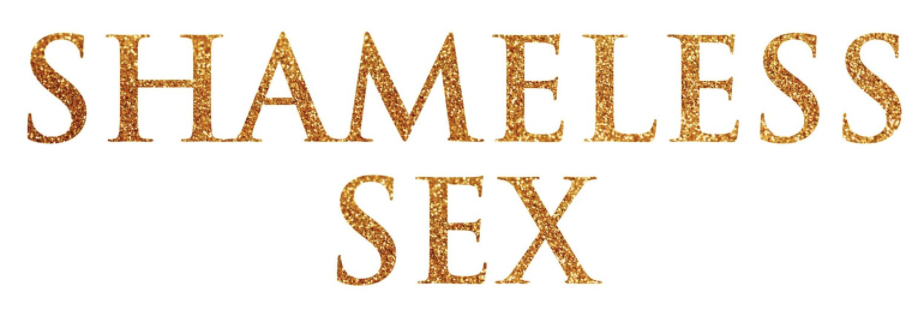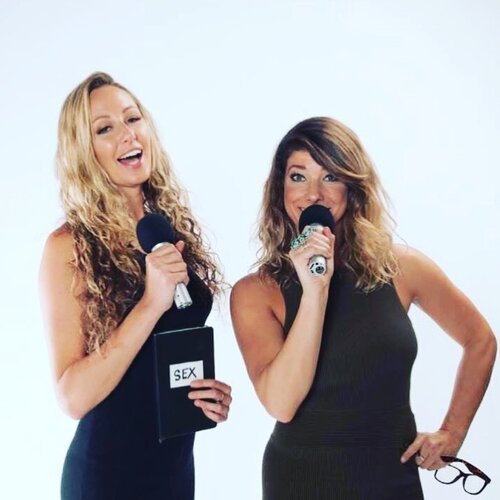9 Tips for Producing Your Own Podcast
Thinking about starting your own podcast? Be sure to do your research beforehand to avoid learning the hard way like we did (by ordering the wrong mics/equipment/gear, etc).
We recently contributed to an online article about the 9 top tips for producing your own podcast. Below you can find tips from podcasting veterans (including yours truly) who have had to learn all these skills to get to where they are now. Feel free to jump ahead if a particular piece of advice jumps out to you:
2. Make yourself a content roadmap
3. Be natural
5. The microphone is your holy grail
6. Invest in the right software
7. Have fun and get your hands dirty
8. Focus on what gets you excited
9. Don’t be afraid to try again
1. Check your work
“Listen to your episode with headphones.
In our 15th or 16th episode I did not wear my headphones, and the whole episode had an annoying hiss that could not be removed. It was not audible through speakers. The cause was a mic cable being too close to a power cable. Easy solution if I had only worn my headphones.”
Jeff Byer, Founder Byer Co
2. Make yourself a content roadmap
“The best advice that we’ve been given in regards to editing & production, especially as you’re starting up your podcast, is to plan ahead & then batch record. When you’re starting out, the amount of content that needs to be created can be daunting. If producing content is new to you, there are a lot of unknowns coming, & a roadmap for the process can be your best friend.
If you take the time to map out your season and plan on recording 2-4 episodes in one go, you can knock out a lot of content in a short amount of time. Batch recording keeps you in a creative flow, whether you’re doing a business podcast, an audio drama, or pop culture commentary. Later, you & your team can take your time to edit all of that content, creating a cohesive feel throughout your season, because it’s all fresh on your mind. Any follow up voice-over work becomes easier at this point, too. And then, when you release your podcast with a bingeable number of episodes that help you hook your audience, you’ll have the time on your hands to actually enjoy your launch.”
Benjamin Hedgsperth, General Manager Beta Haus Studio
3. Be natural
“Unlike an on-stage interview or real life conversation, in a podcast episode, you can edit out awkward pauses and filler words. I encourage my guests to take as long as they need before answering each question. I share with them my post-production editing process and commitment to making their answers sound like they were right on the tip of their tongue. I get a better interview out of it which typically results in an episode my guest is proud of and therefore more likely to share with their networks.”
Sam Laliberte Host, Freedom Lifestyle Podcast
4. Start with the basics
As far as the quality of the sound goes, just start with a nice set of earbuds and a laptop or even a smartphone as your recording gear. If you are interviewing a guest, consider using an online video meeting tool like Zoom, to record the Episode. Even though you may only be producing the audio, having the ability for the host and guest to see each other greatly increases the quality of a conversation. A little trick is to record your podcast either in a clothes closet or in a parked vehicle. These locations will provide some privacy and the clothes and/or cloth and carpet in the car will absorb a lot of the sound and prevent echo’s and other noises that you would hear in an office from diluting the quality of the audio.”
Mike Baker, host of The Awesome Wholesaler Experience
5. The microphone is your holy grail
“My podcasting partner and I have learned a TON since we started, such as the microphone is key!
We started out using more expensive condenser microphones which turned out to be a mistake. You can hear the improvement in sound quality by listening to the first few episodes of our podcast, then comparing them to the latest ones.
With our dynamic microphones, it’s okay if we don’t have a completely soundproof location. We record in a carpeted room with no absorption panels on the walls. Since it also doubles as a kids’ playroom, we are unable to construct a dedicated recording booth at this time. Also, we shut off the Heat/AC when we record – probably not the most comfortable temperature-wise, but it helps minimize noise for sure.”
Mary Rutt, Co-Host and Producer of Latter-Day Lesbian Podcast
Our picks:
Low budget: Audio-Technica ATR2100-USB Cardioid Dynamic USB/XLR Microphone
High budget: Audio-Technica BPHS1 Broadcast Stereo Headset with Dynamic Cardioid Boom Mic
6. Invest in the right software
“The best advice we received on producing our podcast, especially since my co-host and I record remotely was to invest in a program that records separate audio tracks to make editing each episode easier. We found and have been using Zencastr which allows us to interview guests all over the world without having to worry about the static of a video conference or flying to each guest. The sound quality is great and you can't tell that we aren't recording in person!”
Britt Reano, Host of the Mindfully Millennial Podcast
We use:
For in-person recording: Zoom H6 Six-Track Portable Recorder => uploaded and edited in Garageband
For video recording: The Zoom Video Conferencing App
7. Have fun and get your hands dirty
“I have to admit, I was totally intimidated about doing my podcast edits. It was one of the primary reasons I didn't start sooner. Then I signed up for Adobe Connect which gave me access to all sorts of resources including Audition. Then it was on like Donkey Kong.
I did a lot of experimenting and playing around. I got a mixer board and figured out how to do the setting so the voice quality was just right. I then invested in a better mic and dove in head first.
Editing isn't nearly as hard as I would have thought. It's actually quite fun. Because I haven't abdicated the responsibility to someone else, I often hear nuggets that I have shared that are worthy of repurposing on social media or through other channels.
My biggest piece of advice I could share is don't hesitate to roll up your sleeves and have a little fun. I feel like the skillset I've adapted is not only fun but makes me proud of myself.”
Steve Harper, Founder of the The Ripple Effect
8. Focus on what gets you excited
“The best advice we received about editing and producing our podcast when we started was to make sure you love every aspect of it from recording to editing to promoting, and if not, to have someone on board who can run the aspects that you don't shine in (meaning another co-host/producer or someone you can hire). It seems that most podcasters join the podcast game because they enjoy recording and/or interview process, but they often forget about all of the time and energy that goes into digital production. Luckily for us, Amy finds the editing processes to be deeply meditative. So the time spent behind the scenes is actually enjoyable for her.
With that said, OUR advice would be to make sure just about ALL aspects of podcasting are enjoyable to your team. That way it will feel like more of a passion project rather than a job, and then it feels like free money when the dollars start rolling in.”
Amy, Sex Educator and Co-host the Shameless Sex Podcast
9. Don’t be afraid to try again
“It doesn't matter who you're recording, audiences have a low tolerance toward poor audio quality (i.e. A huge guest that records their half of the conversation on a phone while driving through traffic with their windows down).
If it sounds bad, don't try to fix it, record it again or move on to something else that you can produce. You will get better as you work with your equipment and editing software. Also, if it's really important, record multiple takes and use the best one. I've recast named television actors who recorded improperly and scrapped projects that didn't feel like my best work in favor of new ones. My listeners noticed and stayed with me.”
Travis Vengroff, Producer and Publisher for The White Vault podcast.


